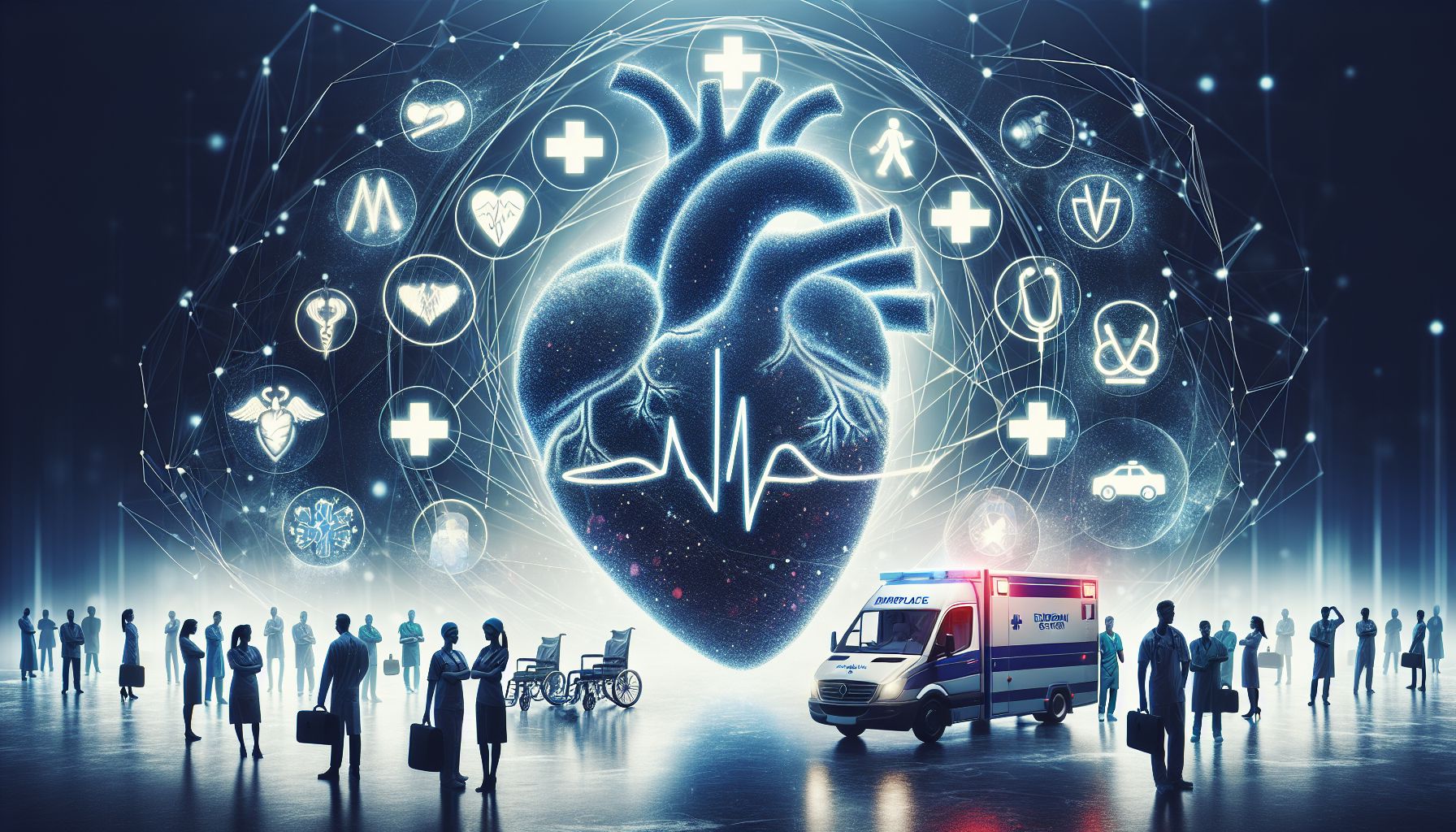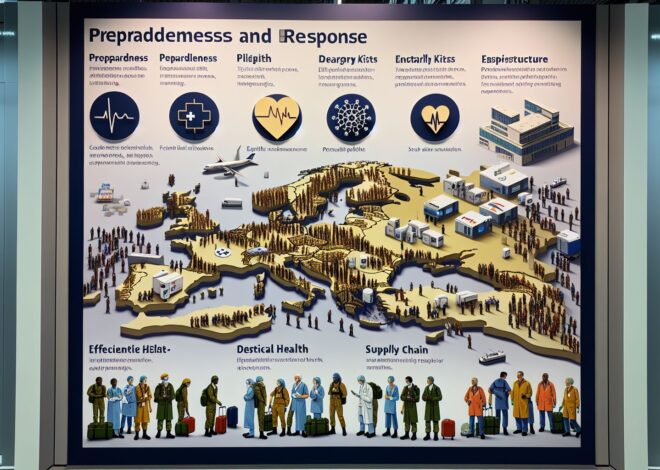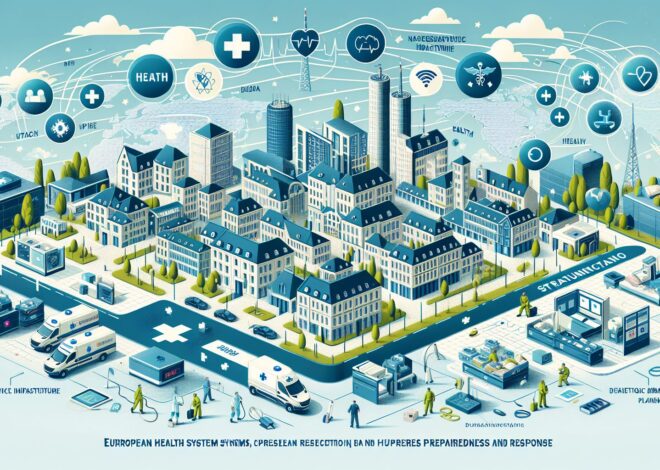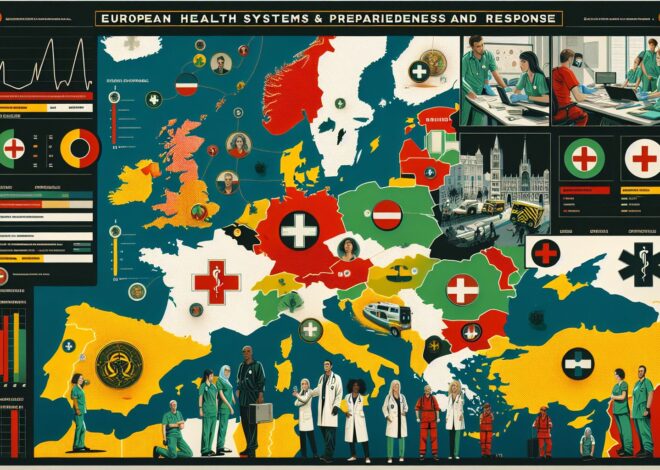
The Preparedness and Response of European Health Systems: A Call to Action
The outbreak of the COVID-19 pandemic has put a spotlight on the resilience and adaptability of healthcare systems around the world. In Europe, where the virus has hit particularly hard, the preparedness and response of health systems have been put to the test like never before. Health professionals, policymakers, and concerned citizens must come together to evaluate the strengths and weaknesses of European health systems in times of crisis and work towards continuous improvement.
Health Professionals: As the frontline workers in the battle against COVID-19, health professionals have shown unwavering dedication and bravery in the face of unprecedented challenges. From doctors and nurses to laboratory technicians and support staff, their tireless efforts have been crucial in treating patients and preventing the spread of the virus. However, the pandemic has also exposed vulnerabilities in the healthcare workforce, such as shortages of personal protective equipment (PPE) and burnout due to long hours and high stress levels. To strengthen the preparedness and response of European health systems, it is essential to invest in training, resources, and support for healthcare workers to ensure they can continue to deliver high-quality care in future crises.
Policymakers: The role of policymakers in shaping the preparedness and response of European health systems cannot be overstated. Decisions made at the national and regional levels impact the capacity of healthcare systems to effectively manage a crisis like COVID-19. From funding allocations to regulatory frameworks, policymakers must prioritize public health and invest in infrastructure and resources that will enable healthcare systems to respond rapidly and effectively to emerging threats. By adopting evidence-based policies and collaborating across borders, policymakers can help build a more resilient and sustainable healthcare system for the future.
Concerned Citizens: While health professionals and policymakers play critical roles in shaping the response of European health systems, concerned citizens also have a part to play in supporting preparedness efforts. By following public health guidelines, such as wearing masks, practicing physical distancing, and getting vaccinated, individuals can help reduce the spread of infectious diseases and alleviate the burden on healthcare systems. Furthermore, by advocating for equitable access to healthcare services and supporting initiatives that promote health literacy and prevention, citizens can contribute to a more inclusive and resilient healthcare system that benefits all members of society.
It is clear that the preparedness and response of European health systems are ongoing challenges that require collaborative and proactive solutions. By learning from the lessons of the COVID-19 pandemic and working together to address gaps in healthcare infrastructure, training, and policy, we can build a more resilient and responsive healthcare system that is better equipped to handle future crises. Health professionals, policymakers, and concerned citizens must seize this opportunity to drive positive change and ensure the health and well-being of all individuals in Europe and beyond.
In conclusion, the COVID-19 pandemic has revealed both the strengths and weaknesses of European health systems in terms of preparedness and response. While challenges remain, there is an opportunity for health professionals, policymakers, and concerned citizens to come together and drive meaningful improvements that will benefit all members of society. By investing in training, resources, and policy changes, we can build a healthcare system that is better equipped to handle future crises and protect the health and well-being of individuals in Europe and beyond.



